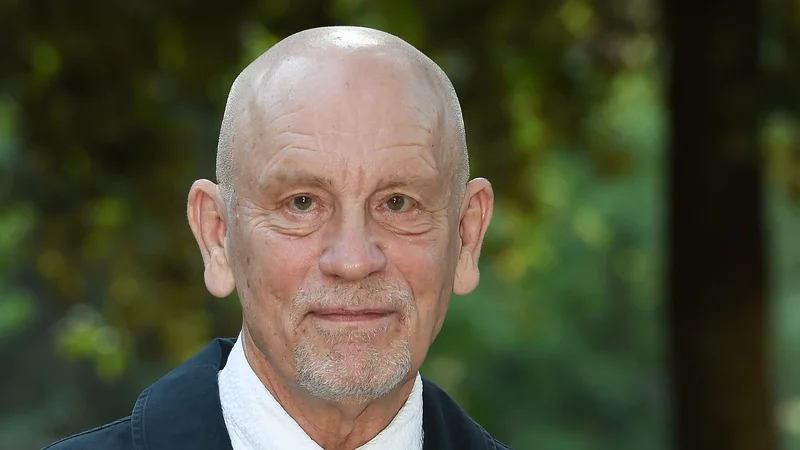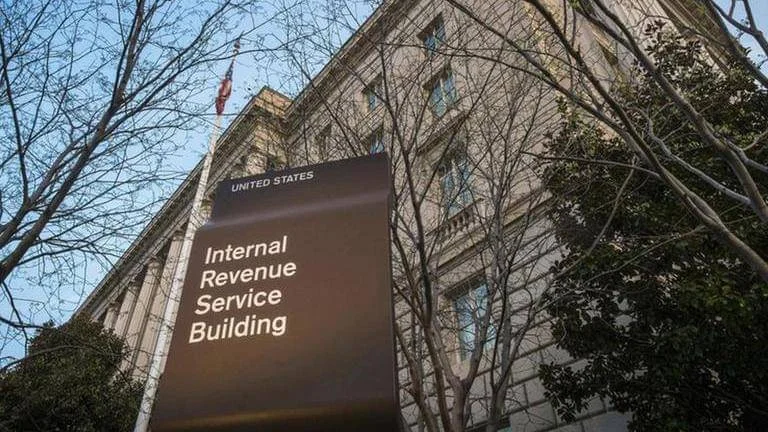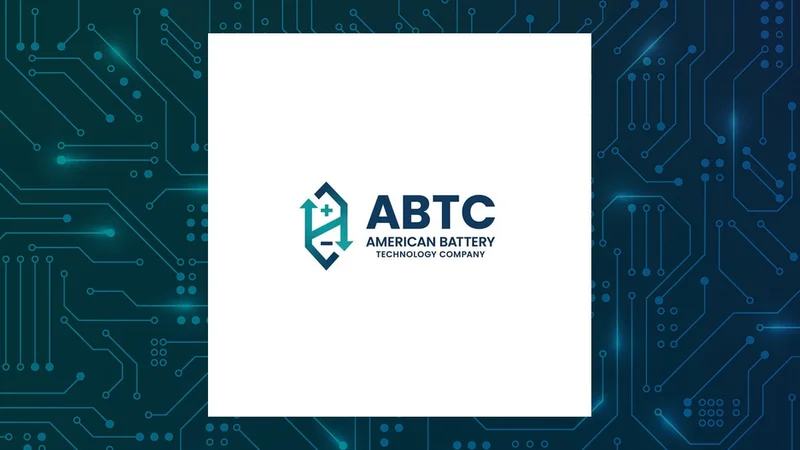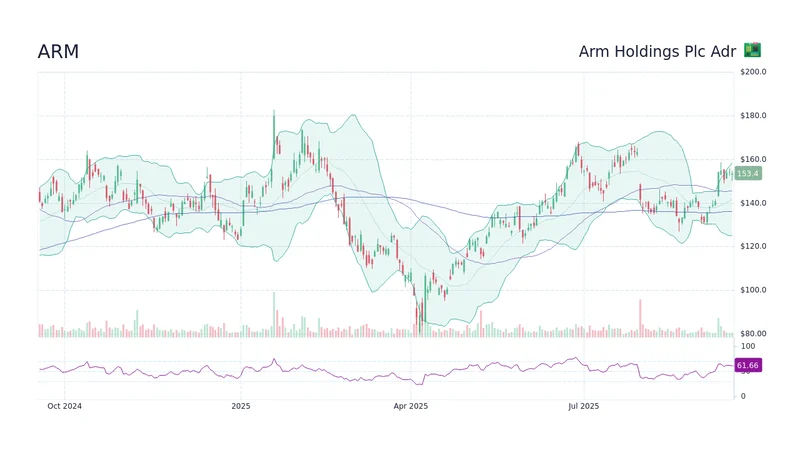Warren Buffett's Farewell: His Final Letter and the One Lesson for the Next Generation
Beyond the Trillion-Dollar Paycheck: Warren Buffett’s Final Letter is a Blueprint for the Soul of Innovation
We live in an age of breathtaking numbers. We talk about teraflops of processing power, petabytes of data, and now, trillion-dollar compensation packages. When Tesla investors approved a pay plan for Elon Musk that could, under the right stellar conditions, make him the world's first trillionaire, it felt like the logical conclusion of a story we’ve been telling ourselves for decades: that world-changing innovation demands world-breaking rewards. It’s a powerful, seductive narrative.
And then, a 95-year-old man from Omaha, Nebraska, sits down and writes a letter. Warren Buffett is ‘going quiet’ after he steps down as Berkshire Hathaway CEO this year. Read his farewell letter to shareholders. And in its quiet, deeply human prose, it presents a challenge so profound it threatens to completely rewrite the source code of success for the 21st century. Warren Buffett’s final dispatch as CEO of Berkshire Hathaway isn’t about finance. It’s about the very soul of what we’re all trying to build.
The Feedback Loop of More
Let’s be clear about the current model. When Elon Musk gets a potential trillion-dollar deal, the very next day Rivian announces a $4.6 billion package for its CEO, RJ Scaringe, explicitly modeled after Musk’s. Following Elon Musk's $1 trillion comp, Warren Buffett says more CEOs are seeking eye-popping pay. Buffett nails it with devastating simplicity: “What often bothers very wealthy CEOs—they are human, after all—is that other CEOs are getting even richer. Envy and greed walk hand in hand.”
This system has become a kind of runaway audio feedback loop. One CEO’s massive payday is the initial sound. It enters the microphone of the corporate world, gets amplified by compensation committees and consultants (who, as Buffett dryly notes, never recommend a pay cut), and blasted out through the speakers of proxy statements. The amplified sound then re-enters the microphone, even louder this time, creating a deafening, distorted screech of ever-escalating numbers that drowns out the original purpose of the enterprise. The very rules meant to bring transparency and moderation have, in his words, “produced envy, not moderation.”
When I first read that, I honestly just sat back in my chair, speechless. It’s such a simple, perfect diagnosis of a sickness at the heart of our economic engine. It forces us to ask some uncomfortable questions. Is this really the only way to incentivize genius? Have we convinced ourselves that the only way to get someone to build a starship is to promise them a planet-sized pile of cash? What are we building here—companies that change the world, or monuments to personal wealth?
An Operating System for a Meaningful Life
Buffett’s letter is the counter-argument. And what’s so remarkable is that it makes its case not with spreadsheets and market projections, but with stories. He reminisces about his childhood in Omaha, his brush with a burst appendix, and his best pal Charlie Munger who once worked at his grandfather’s grocery store. It’s this incredible tapestry of a life lived in one place, where his business partners were his neighbors and his friends were his mentors and the whole thing was built on a foundation of trust and community, not just stock prices—it’s a model of success that feels almost alien to us now.
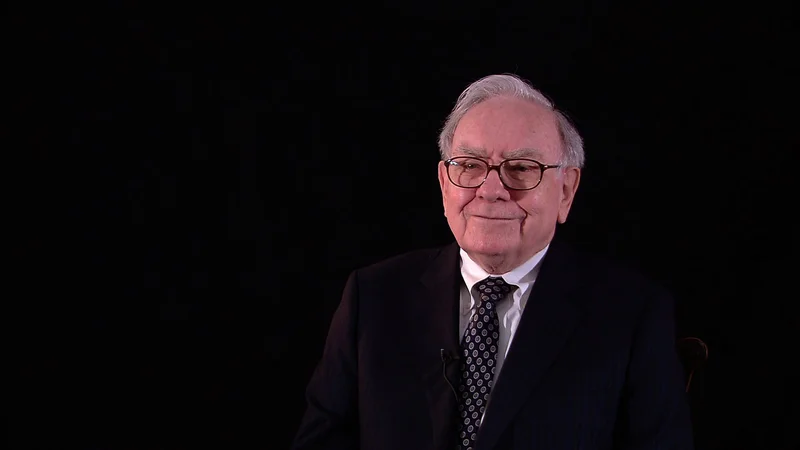
He is, in effect, laying out his personal operating system. His famous $100,000 annual salary isn’t a bug in that system; it’s a core feature. It’s a reflection of a man who still lives in the same house he bought in 1958 and who measures his life not by his $150 billion net worth, but by the quality of his relationships and his contribution to the world. He talks about his immense good fortune—being born a healthy, white male in 20th-century America—with a sense of profound gratitude and responsibility. He understands that luck is a resource, and his life's work seems to be about redistributing it as wisely as possible.
This reminds me of the early days of the internet, before monetization became the only metric that mattered. There was a sense that we were building a public good, a new kind of digital commons. Buffett’s philosophy feels like a throwback to that spirit. He’s essentially open-sourcing his fortune for his children to manage through their foundations—not to build a dynasty, but to serve as a public trust. It’s a completely different way of thinking about what wealth is even for. It’s not a high score to be achieved; it’s a tool to be deployed for the betterment of society. That’s the kind of breakthrough that reminds me why I got into this field in the first place.
Of course, with great fortune comes great responsibility, a point Buffett himself seems keenly aware of. His reflections on luck serve as a quiet but potent reminder to today's tech titans that their success wasn't forged in a vacuum. It was built on the shoulders of public education, government research, and the stable society America provided. What, then, is their obligation back to that society?
The Code We Choose to Write
In the end, this isn't really a story about Warren Buffett versus Elon Musk. It's a story about two different blueprints for the future, two competing philosophies for what it means to lead and to build.
One blueprint is dazzling, promising god-like rewards for achieving god-like ambitions. It’s a future written in the language of disruption, market caps, and personal net worth. The other is quieter, written in a language of stewardship, community, and human decency. It suggests that your greatest legacy isn’t what you accumulate, but what you contribute. It’s the difference between asking "How much can I get?" and "What is my life worth?"
Buffett's final letter is his parting gift. It’s a challenge to every founder, every engineer, every creator, and every leader. He’s asking us to look at the code we’re writing for our own lives and for the companies we build. The trillion-dollar paycheck is one version of the source code for success. The humble letter from Omaha is another. The future of innovation depends entirely on which one we choose to run.
Related Articles
John Malkovich Cast as President Snow: An Analysis of the Casting and Its Implications
The announcement landed with the precision of a well-funded marketing campaign. The Hunger Games, a...
The IRS Direct Payment Breakthrough: How It Works and Why It's a Game-Changer
It’s late. You’re probably sitting in the glow of a screen, maybe your phone or your laptop, typing...
ABAT's Stock Surge: Separating the News from the Financial Reality
The market loves a good story, and American Battery Technology Company (NASDAQ: ABAT) just delivered...
Adrena: What It Is, and Why It Represents a Paradigm Shift
I spend my days looking at data, searching for the patterns that signal our future. Usually, that me...
ARM Stock: Analyzing the price surge and what comes next
ARM's Surge is a Warning Sign, Not a Victory Lap On Monday, the market did what it does best: it rea...
American Airlines Cancels Flights: What Happened and Why
The Illusion of Control: When Airlines Can't Fly Straight The skies weren't so friendly yesterday. A...
